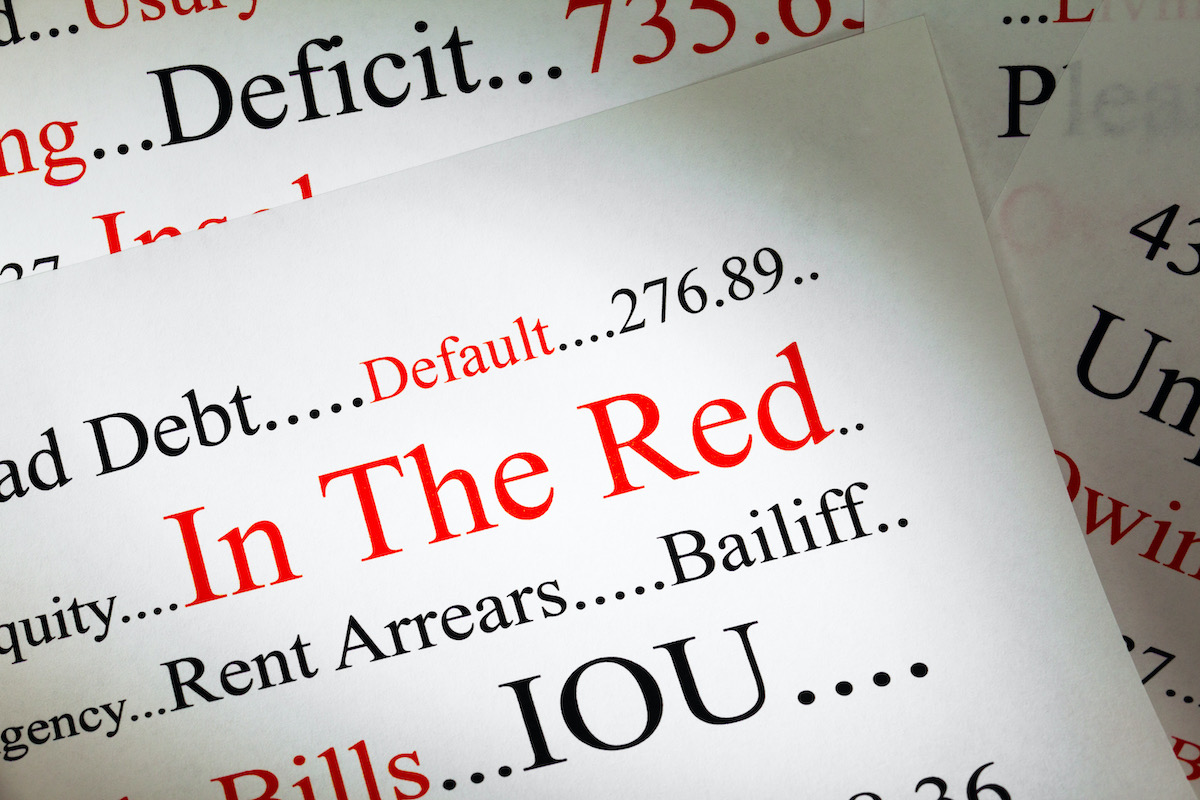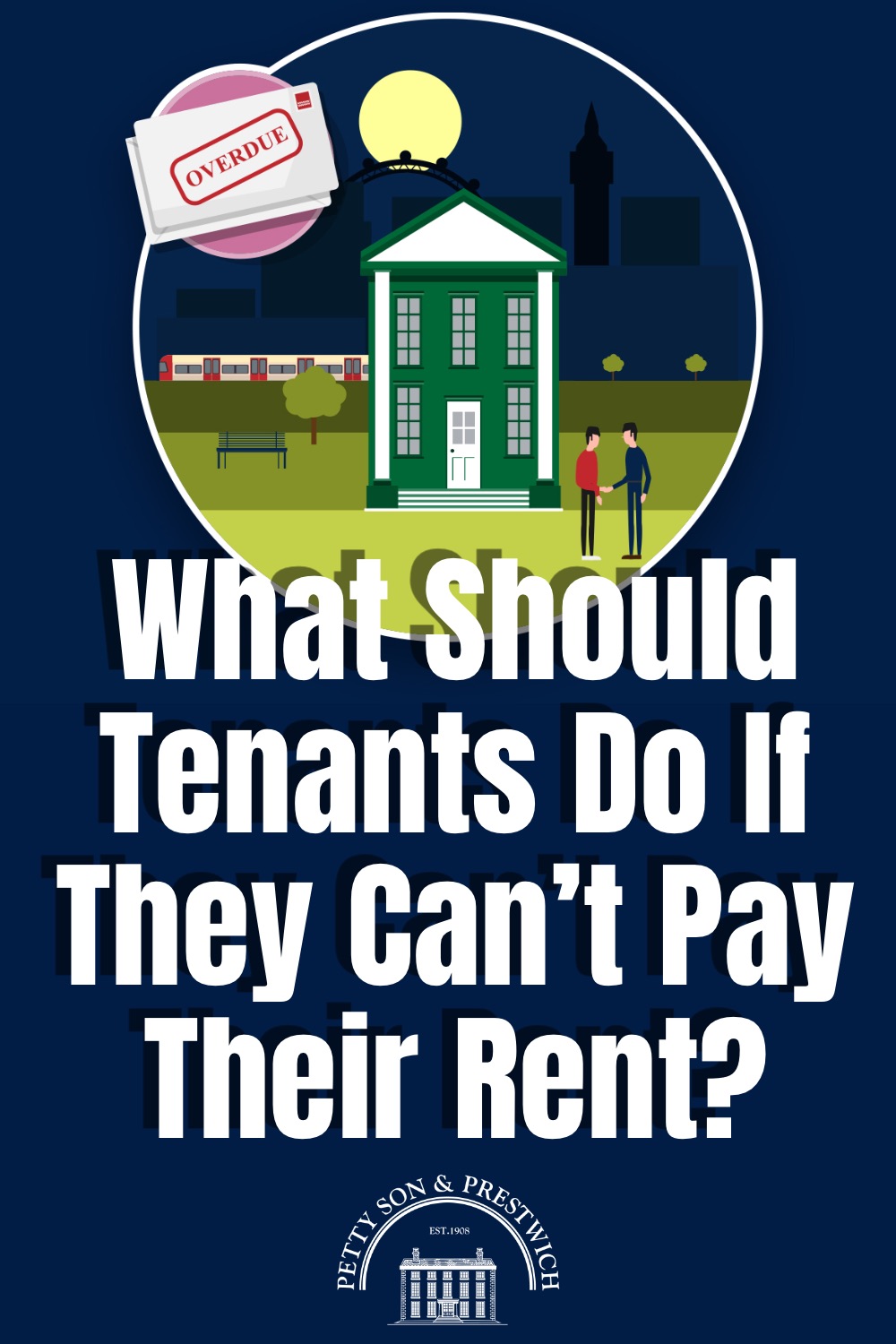If you’re a tenant who is struggling to pay rent, you’re probably wondering where you stand and what you can do in order to keep a roof over your head and avoid further complications down the line. This post will give you an overview of your options and provide you with some valuable resources to help you get through this challenging time.
What are my options if I can’t pay my rent?

Not being able to pay your rent is naturally a difficult thing to deal with. It is not, however, anything to be ashamed of, so don’t be scared into clamming up and not talking things through with your landlord or letting agent. Good communication is vital and you should open dialogue with the relevant party as soon as you possibly can.
Explaining your situation and being honest is by far the best policy here, and you may even be pleasantly surprised by how understanding your landlord can be. Contrary to popular belief, landlords are not all money-grabbing ogres and many will often bend over backwards to help out where they can...but you need to talk to them first.
Thanks to the Coronavirus pandemic, fluctuating incomes are far from unusual and your landlord will likely be sympathetic to your plight. However, it’s also important to remember that, for many landlords, your rent is their income, so both parties need to exercise understanding of each other’s position.
Current government guidelines suggest that tenants and landlords should work together to come up with a temporary agreement outside of the existing arrangement they already have in place. This will usually mean one of two things: either reduced payments or a deal whereby it is agreed that arrears will be repaid at some point in the future.
Can I just stop paying my landlord?
In short, no.
Your tenancy agreement remains active and this is a legally binding contract between you and your landlord. As mentioned above, speak to your landlord or letting agent and explain your situation. Do not stop paying your rent without consulting them first.
I’m already in arrears, what should I do?

At the risk of sounding like a broken record, you should contact your landlord or letting agent immediately to work out a way to repay what you owe and secure the roof over your head. It’s best if you have some sort of plan for repayment in mind before you call, but you shouldn’t let this delay the conversation.
Remember, too, that landlords are not under any obligation to agree to what you propose, but most will be willing to help in some way. Treat it as a negotiation and be clear as to why you can no longer pay your rent and what you intend to do in order to rectify the situation.
Here, at Petty’s, we’ve brought across one of our senior sales managers to help handle rent payment plans during the pandemic. Her ability to negotiate and mediate has been invaluable and goes to show that (good) letting agents are here to help out, so don’t be scared to pick up the phone.
In fact, most of 2020 was, for our entire lettings team, spent talking things through with tenants who had been affected by COVID in one way or another. Being in the middle, between landlords and tenants, gave us a ringside view of the generosity of spirit that prevailed throughout what proved to be a very dark year.
For example, one case that comes to mind was when a landlord of ours offered their tenant a rent-free month, only to have it turned down as the tenant was honest enough to tell us that they had not been affected financially by the Coronavirus pandemic. Instead, they suggested the landlord could maybe make a charitable donation on their behalf. Heartwarming stuff.
Remember, failing to make contact with either your letting agent or landlord while arrears build up could lead to eviction, so do not let it get to that stage.
Can my landlord ask me to leave?
At present, there is emergency legislation in place under the Coronavirus Act 2020 and evictions remain paused until after 31 May. If, however, you have over 6 months’ arrears and the court has made an order to do so, eviction by bailiffs can, in certain circumstances, still proceed.
The government has made it clear to landlords that they should only commence or continue with evictions under the most extreme circumstances. A tenant who is unable to meet their rental payments due to the Coronavirus pandemic will not be classified as such, so landlords are advised not to issue eviction notices at this time.
Is there help available to tenants who can’t pay their rent?

Yes, there are a few avenues tenants can explore if they are finding it difficult to pay their rent. These include:
- Claiming Universal Credit
- Ask the local authority for a Discretionary Housing Payment (DHP)
- Speak to charities about their eligibility for a grant
- Get help with other bills, such as a council tax reduction
Frequently updated resources for tenants
As we move into our second year of dealing with the Coronavirus pandemic, there are some key dates approaching and no doubt the landscape will shift considerably over the coming weeks and months.
Should you find yourself facing difficulties with residential renting, the following pages are jam packed with valuable information and updated regularly to keep you informed of any changes that have been made:
- Shelter - Private Renting
- Citizens Advice - Housing
- GOV.UK - Guidance for Landlords and Tenants
- Money Advice Service - Coronavirus and Your Money (Facebook Group)
If you’re looking for a letting agent you can talk to, speak to us. Here at Petty’s, we’ve been listening and helping tenants and landlords, as well as buyers and sellers, for well over 100 years. Our family-run business has been built on a foundation of compassion and trust, with moral principles that are unrecognisable against the unfortunate estate agent stereotype.
Call us today to find out how we can help you.
